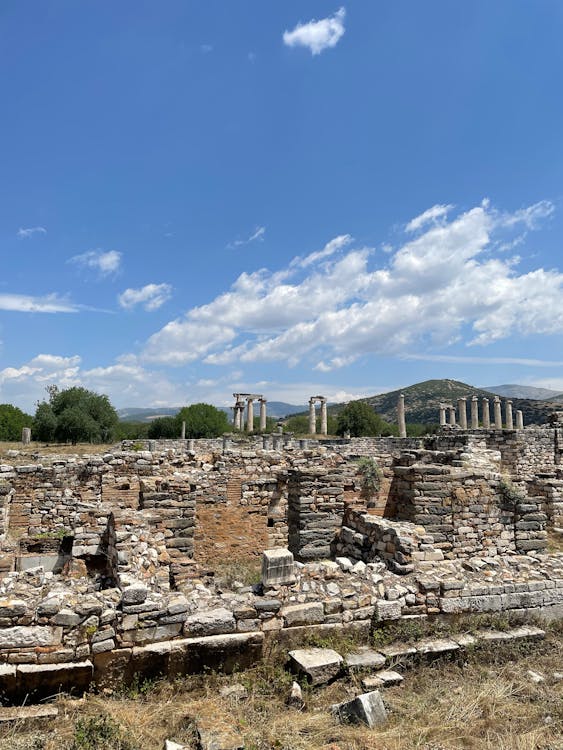We are delighted to share with you our library of resources. You can use the filter feature below to find topics most relevant to your curriculum.
Want to organise the resources you use most in one place? Register as a user to add content to your own Boards.
Is the Bible Reliable?
Is the Bible historically accurate?
One of the biggest questions about the Bible is simply: is it true? This resource looks at some of the historical evidence for the Bible's reliability.
Not only is there evidence of changed lives that makes the Bible believable but archaeology and other historical sources also support many accounts found in the Bible. Over the past 150 years, people’s views of the Old and New Testaments have changed greatly as archaeological discoveries have added both credence and understanding to these books.
 ARCHAEOLOGICAL SITES
ARCHAEOLOGICAL SITES
Many of the places and features mentioned in the Bible have been found in excavations, showing that many of the Bible’s historical details are accurate. In fact, in some cases, places that are only mentioned in the New Testament (and nowhere else) have been discovered, for example, the Pool of Bethesda written about in John’s gospel. This inspires confidence in its reliability. You can find this story in John 5.
THE DEAD SEA SCROLLS
Some people ask if the Bible has been changed in the thousands of years since it was written. One of the most interesting archaeological finds has been the Dead Sea Scrolls. These ancient scrolls were found in the 1940s, in caves not far from the Dead Sea. Among the scrolls were the oldest partial or complete copies of every book in the Old Testament (except the Book of Esther) ever found. They showed that word for word, these books had changed very little in over 3,000 years.
CONTEMPORARY WRITERS
Of course, archaeology can set the scene for the action, but it cannot prove what was actually said and done there, as the Bible tells it. This is where other sources are invaluable. In the case of Jesus, many non-Christian writers from the time prove that he is no Christian myth. He did exist, he did die on the cross and people afterward lived and died for the belief in him as the Son of God.
One such piece of evidence comes from the Roman historian Tacitus who when reporting on Nero’s decision to blame the Christians for the great fire that destroyed Rome in AD 64 wrote:
'Nero fastened the guilt (for the fire) on a class hated for their (beliefs), called Christians... Christ, from whom the name had its origin, suffered the extreme penalty (crucifixion) during the reign of Tiberius at the hands of Pontius Pilate.'
CONCLUSION
In all this, it is worth remembering that the Bible does not make claims to be solely a history book. As we have seen, it is many books about God, written primarily to give a bigger, supernatural and eternal perspective on ultimate questions. But if many of its historical details are accurate, it adds weight to the claim that the other ideas found there are accurate too.
